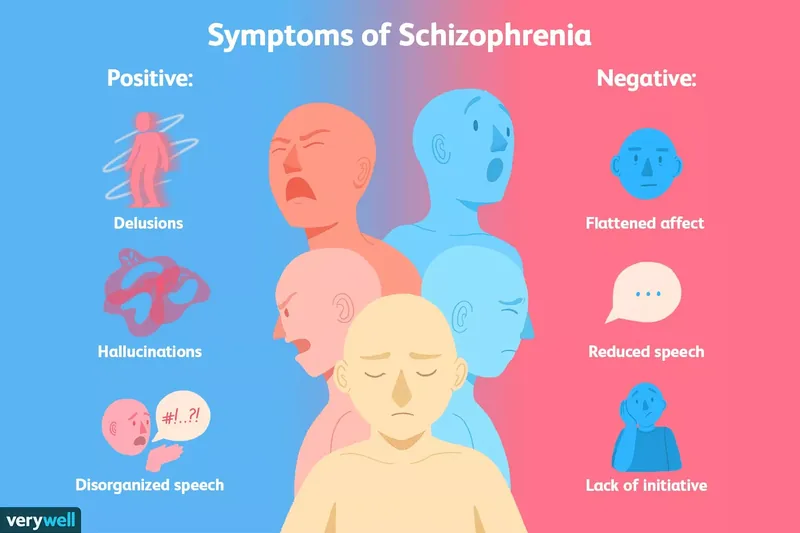Menopause brings a cascade of changes, many of which are openly discussed and well-researched. Hot flashes, mood swings, and sleep disruptions are common topics. However, a range of embarrassing menopause symptoms often remain unspoken, leaving many women feeling isolated and unsure where to turn. This guide from MQA Lifestyle shines a light on these discreet challenges, offering expert insights and actionable strategies for dealing embarrassing menopause issues you might be experiencing.
Beyond the Basics: Unspoken Menopausal Symptoms
While familiar menopause symptoms get ample attention, many women grapple with lesser-known, often embarrassing changes that impact their daily lives. These can include unexpected shifts in voice, frustrating bladder leaks, and even persistent burning sensations in the mouth. Understanding that these experiences are common is the first step toward finding solutions and confidently dealing embarrassing menopause symptoms.
“As more women have open conversations about specific health struggles that are impacting their lives, they become impossible to ignore.” - Janet Choi, double board-certified REI and OB/GYN.
Voice Changes: Finding Your New Tone
Many women notice an increase in hoarseness or a deepening of their voice during menopause. This happens because the vocal cord muscles can shrink, and cartilage may thicken. While men might appreciate a lower pitch, for women, these changes can feel uncomfortable and unfamiliar. Research is ongoing to fully understand these shifts.
In the meantime, you can support your vocal health. Try daily voice warmups to maintain flexibility. Use steaming and humidifiers to counteract membrane dryness. Protect your larynx by avoiding excessive vocal strain, irritants, and pollutants. Treating acid reflux can also prevent additional irritation to your vocal cords.
Managing Bladder Leaks and Pelvic Floor Health
If you find yourself crossing your legs when you laugh or cough, you’re not alone. Nearly 50% of women report bladder leaks during their menopause transition. These issues are often linked to menopause, not just age. The good news is that these frequently embarrassing menopause symptoms are manageable:
- Reduce diuretics: Cut back on coffee, tea, caffeinated sodas, and alcohol to improve bladder control.
- Review medications: Check if any other medications you take list increased urination as a side effect.
- Pelvic floor exercises: Bladder training and pelvic floor muscle training, like Kegels, are often highly effective.
- Medical options: Low-dose vaginal estrogen cream or an inserted estrogen ring may be a suitable medical option for some women. Consult your physician to explore these solutions.
Addressing Intimate Changes: Clitoral Health
Vaginal dryness is a common topic, but changes to clitoral sensitivity and irritation are often overlooked. Some believe that more frequent sexual activity can alleviate vaginal dryness and clitoral atrophy by increasing blood flow. However, the Study of Women’s Health Across the Nation (SWAN), which analyzed data from 2,435 women over 17 years, concluded that vaginal dryness symptoms do not appear to be directly related to sexual frequency.
Fortunately, menopause-related clitoral irritation and decreased sensitivity can be helped. Use water-soluble lubricants regularly. When medically appropriate, topical estrogen cream can also provide relief. It’s crucial to initiate conversations with your doctor about clitoral symptoms, as misdiagnosis can sometimes worsen irritation.
Tackling Body Odor Blues During Menopause
If your body odor seems different during perimenopause and beyond, it’s not your imagination. A drop in estrogen alters the chemistry of perspiration, creating an environment where odor-producing bacteria can thrive, especially in warm areas like the armpits and groin. Hot flashes and night sweats can exacerbate this. Even vaginal odors can change as decreasing estrogen allows a slight increase in androgens, which can attract different odor-producing bacteria.
To manage these changes, consider the following:
- Hydrate: Increase your water intake to dilute odors from foods like garlic, onions, and other spicy items.
- Avoid irritants: Caffeine, alcohol, and tobacco can intensify sweating, making body odor worse.
- Choose breathable fabrics: Opt for sweat-absorbing clothes, like cotton underwear, over synthetic materials that trap heat and moisture.
Unmasking Burning Mouth Syndrome (BMS)
Burning Mouth Syndrome (BMS) is an often-misdiagnosed condition affecting 18 to 30% of peri- and postmenopausal women. The cause is the thinning of the mouth’s mucous membranes, leaving nerves, gums, and the tongue less protected and more irritable. It’s frequently mistaken for acid reflux, vitamin deficiency, or allergies. Even with a correct diagnosis, hormone replacement therapy often yields inconsistent results and may not be the primary choice.
While definitive answers are still evolving, some strategies can help. Anti-anxiety medications and/or cognitive behavioral therapy (CBT) can help reduce symptom awareness, anticipatory anxiety, and even increase optimism about eventually managing it. Always consult your physician to decide on the best treatment strategy for you.
Itchy Ears and Other Unexpected Skin Changes
Among the array of surprising symptoms, itchy ears can be particularly annoying. A drop in estrogen impacts estrogen receptors in the inner ear and blood flow to the skin of the outer ear lobe. This can lead to persistent itching, both inside and outside the ear canal.
Beyond itchy ears, many women experience generalized dry, itchy skin during menopause. A consistent routine of fragrance-free hydrating creams can make a significant difference. For persistent or severe symptoms, especially in sensitive areas like the ear canal, a doctor might prescribe medicated drops or creams. Remember, these unexpected changes are a normal part of the menopausal transition.
Empowering Yourself: Seeking Support for Discreet Symptoms
Dealing embarrassing menopause symptoms can be isolating, but you don’t have to navigate them alone. These unexpected changes can also arise from other medical conditions like chemotherapy, certain medications, or immune disorders. Therefore, some recommendations, particularly hormone replacement therapy (HRT), may not be the right choice for everyone.
Don’t let self-consciousness prevent you from discussing these concerns with your healthcare team. Openly sharing your experiences is vital for accurate diagnosis and effective management. Your health team can help you develop a personalized strategy, ensuring you receive the support and treatment you need to navigate this phase of life with confidence.
References
(1) Shankar R, Raj A, Rathore PK, Meher R, Kaushik S, Batra V.Menopause and its effect on voice.**Indian J Otolaryngol Head Neck Surg.2021. pubmed.ncbi.nlm.nih.gov/36742899/
(2) Bensoussan YE, Evangelista EG, Doctor RJ, Mathyk BA, Bevec KL, Toghranegar JA, Patel R.Menopause and the voice: a narrative review of physiological changes, hormone therapy effects, and treatment options.**Menopause.2025. pubmed.ncbi.nlm.nih.gov/40924880/
(3) Jones HJ, Huang AJ, Subak LL, Brown JS, Lee KA.Bladder symptoms in the early menopausal transition.**J Womens Health (Larchmt).2016. pmc.ncbi.nlm.nih.gov/articles/PMC4876519/
(4) Waetjen LE, Crawford SL, Chang PY, Reed BD, Hess R, Avis NE, et al.Menopausal symptoms: prevalence and risk factors (SWAN study).**Menopause.2018. pmc.ncbi.nlm.nih.gov/articles/PMC6136974/
(5) Bookout GP, Ladd M, Short RE.Burning mouth syndrome.**StatPearls [Internet].2023. ncbi.nlm.nih.gov/books/NBK519529/
(6) Imamura Y, Shinozaki T, Okada-Ogawa A, Noma N, Shinoda M, Iwata K, et al.An updated review on pathophysiology and management of burning mouth syndrome.**J Oral Rehabil.2019. pubmed.ncbi.nlm.nih.gov/30892737/
(7) Nair PA.Dermatosis associated with menopause.**J Midlife Health.2014. pubmed.ncbi.nlm.nih.gov/25540568/





